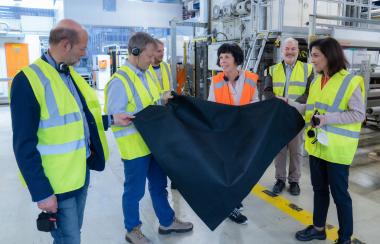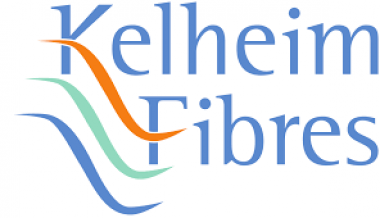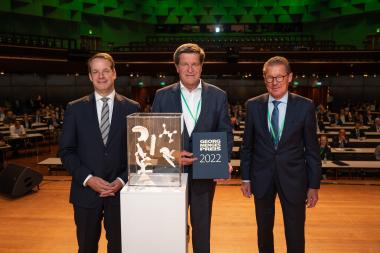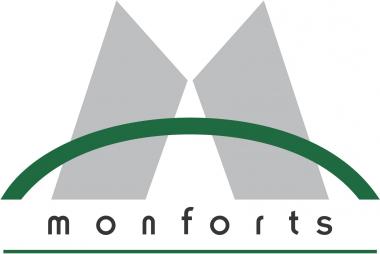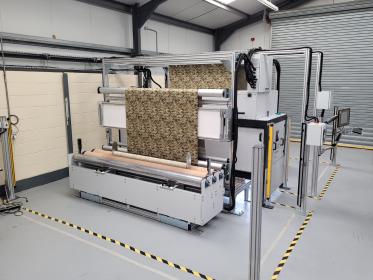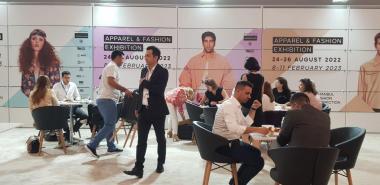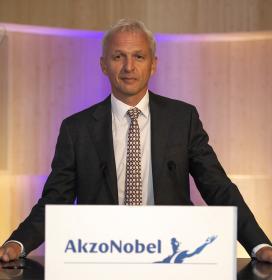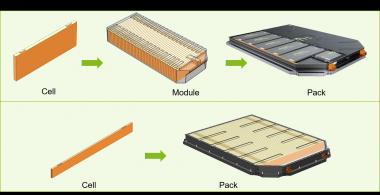Rieter strengthens its market position in Turkey
Rieter is moving its Kahramanmaraş service station to a larger location covering 2 000 m2 in a bid to broaden its offering and strengthen its market position in Turkey. The station will house one of the region’s largest test-spinning facilities and provide know-how in sustainable yarn manufacturing.
The comprehensive portfolio covers both mechanical and electronic services, including the revision of gear units, servomotor adjustments, and suction drums. The station will also offer preventive maintenance and mill optimization. The service offering spans the entire Rieter product portfolio.
Highlights of the Kahramanmaraş Service Station include the setup of a fully automatic rotor spinning machine R 70 and the winding machine Autoconer X6. Three-quarters of the 2 000 m2 service space is reserved for functional activities, which will feature one of the region’s largest test-spinning facilities. Customers can run yarn comparison tests and analyze the impact of different technology parts so they can optimize machine setups. In-depth yarn trials and access to Rieter textile technology expertise will allow customers to cater more effectively to the dynamic demands of textile brands regarding performance, quality and sustainability, such as recycling applications.
The Kahramanmaraş service station is strategically located at the heart of the region’s textile industry, with a large proportion of Rieter’s installed base located within a radius of around 200 kilometers. Turkey is a textile powerhouse, currently ranking fifth in global exports and poised for additional growth. The country’s industry is also implementing a green action plan to help it meet the growing demand for sustainable textiles, especially from Europe.
The new service station starts operations in September 2022 and will accelerate the growth of the company’s three stations in Turkey. Rieter has been operating service stations in Turkey since 2005 with a presence in the country dating back to the 1990s.
Rieter Holding AG





